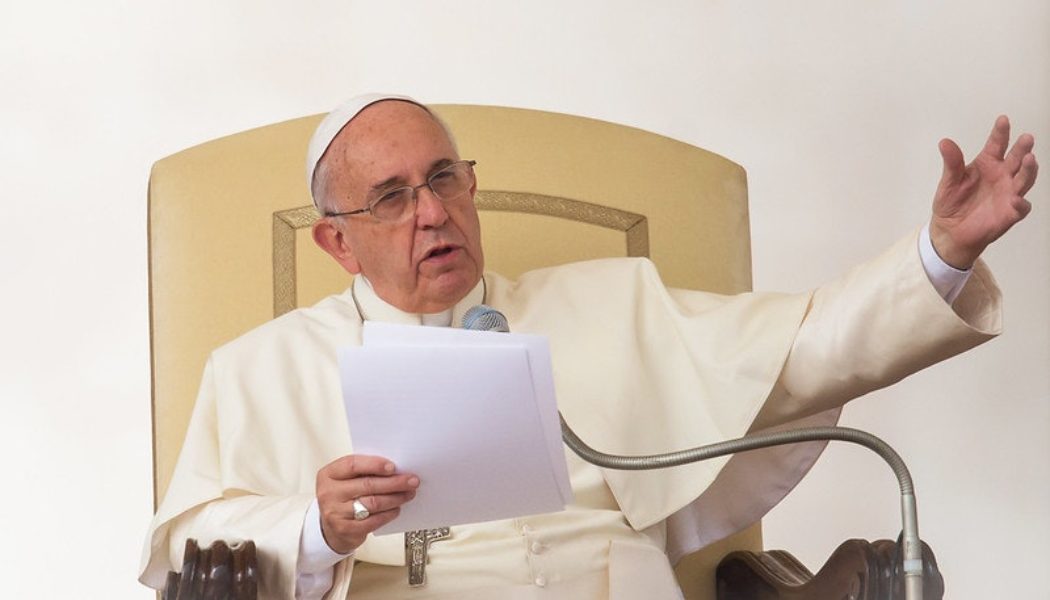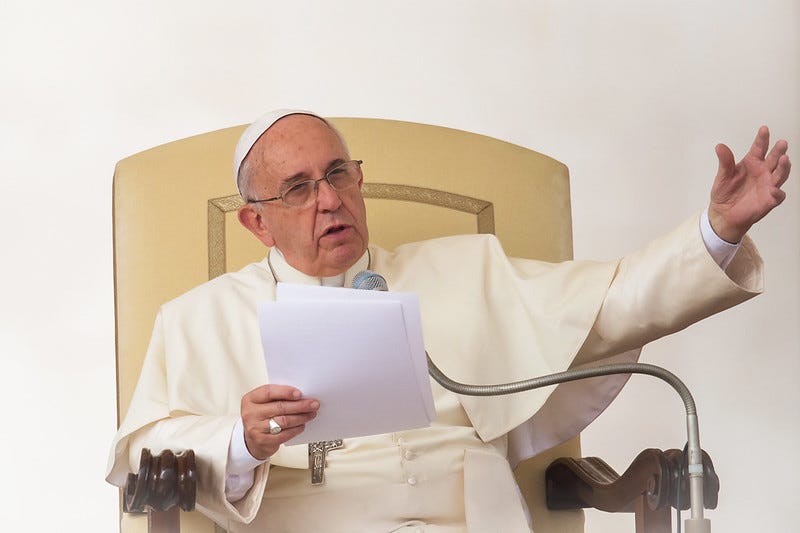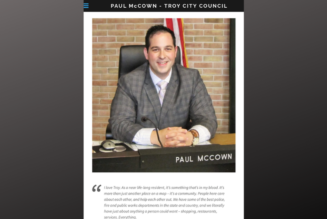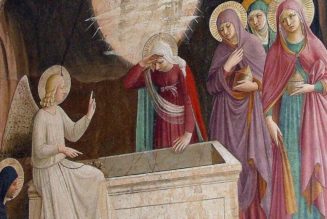Pope Francis is often noted for his off-hand criticism of legalists, lawyers, and “doctors of the law.” In the media, he is often painted as a pope who eschews the formality and flummery of the papacy, leading the Church as a priest, a pastor, rather than a lawgiver or a rulemaker.
But the reality is that Francis has had an active eight years making and changing the canon law of the Church. And the pope now appears poised to enact his two most significant legal changes, which could define his legacy more than any of the famous turns of phrase or public gestures for which he has become known.
Curial Reform
Officials in several curial departments have told The Pillar in recent days that a final draft of EvangeliumPraedicate has been approved by the pope, and is set for publication in the coming weeks, with a tentative date being set at June 26.
The same sources told The Pillar that the final draft was discussed with the heads of various curial departments during a meeting with the pope on Monday morning.
One senior official close to the Secretariat of State told The Pillar that the final draft of the new constitution was being circulated among a much smaller group than were previous versions of the text because “the discussion phase has ended, there is no request for further feedback.”
“The focus now is on presenting the final document, not asking for advice. What will be will be,” the official said, while noting that previous versions of the text had been repeatedly delayed.
The document is expected to finish the reordering of curial departments, with further mergers and rebranding in some cases.
The publication of the final version is also expected to coincide with a major reshuffle of cardinal prefects, with the pope predicted to replace the heads of several important departments who have already passed the age of retirement.
Noting that the Congregation for Divine Worship has been without a leader since the dismissal of Cardinal Robert Sarah in February, and that Cardinal Marc Ouellet, head of the Congregation for Bishops, Cardinal Beniamino Stella, head of the Congregation for Clergy, are both over 75, a senior official at the Congregation for Bishops predicted to The Pillar that the eventual promulgation of the new constitution would be accompanied by a “night of the long knives,” and the departure of several department heads.
“I think it would be reasonable to expect that a reformed curia, with a new constitution, will come with new faces to lead it,” he said. “Given the reservations of some prefects with different iterations of the text, I think the pope may wish for new blood for his new vision.”
The biggest questions looming over the final draft of the new constitution concern the role of the Secretariat of State in Rome, and the role of bishops’ conferences around the world.
The last text to be circulated widely, in 2019, called for a centralizing of curial affairs at the Secretariat of State, making its head, currently Cardinal Pietro Parolin, virtually a vice-pope and charged with coordinating the work of all the other Vatican departments, which could, under the terms of the draft, be headed by lay people.
Whether that centralization of administrative authority will be carried through to the final text is not yet clear. However, since the 2019 text was withdrawn for further redrafting, Pope Francis has made several legal reforms which have significantly eroded the Secretariat of State’s autonomy, following recent financial scandals.
How central the Secretariat of State is to Church governance in the final constitution could give a final indication of how much influence Cardinal Parolin has retained over the drafting process despite recent scandals in his department.
The 2019 draft text also outlined the “primary responsibility” of bishops and bishops’ conferences for Church governance around the world, and made a reference to the “genuine doctrinal authority” of bishops’ conferences, with whom the Congregation for the Doctrine of the Faith was to “apply the principle of subsidiarity,” “above all [on] the issue of authorization for teaching in the Church.”
Feedback on the previous draft noted the potential for those provisions to allow different bishops’ conferences to make conflicting doctrinal statements on key points of Church teaching.
Since 2019, Rome has been locked in a back and forth with the German bishops’ conference over the controversial Synodal Way which is working towards challenging universal Church teaching and discipline on a range of issues, including female ordination, human sexuality, and clerical celibacy.
If the final text of Evangelium Praedicate retains the explicit provision for the “genuine doctrinal authority” of bishops’ conferences, and the requirement that the Congregation for the Doctrine of the Faith essentially defer to them out of subsidiarity, many will interpret it as a clear path for the German bishops to continue towards their stated aim of a more federalized Church in teaching and practice.
Penal law
At the same time as the new constitution, Pope Francis is also expected to promulgate a revised Book VI of the Code of Canon Law, which contains the canonical penal code of the universal Church.
The new book six has been under development for more than a decade, predating Francis’s election, and has been pronounced “ready for publication” several times in the last few years. It was initially undertaken to respond to the original sexual abuse scandals of the early 2000s and to incorporate the provisions of St. John Paul II’s 2002 apostolic constitution Sacramentorum sanctitatis tutela, revised by Benedict XVI in 2010, into the Code.
Since SST was first issued, further laws have had to be developed in recognition of the rise of internet pornography and other forms of cyber crime which can impact child protection, as well as Francis’s own laws, Come una madre and Vos estis, issued in response to scandals concerning episcopal abuse of office.
Some canonists have noted that not all of the new penal laws issued in the last 20 years appear to agree, SST and Vos estis, for example, contain very different definitions of the legal term “vulnerable adult.” A revised Book VI of the Code which addresses and reconciles these legal mismatches could prove to be the capstone on decades of reform by three different popes.
Of course, both Evangelium Praedicate and the new Book VI have been touted as “nearly promulgated” before, only to see them lapse into further delay. But, regardless of whether they make a new June deadline or not, it appears to be a matter of “when” not “if” Francis brings them into law. When he does, the effects will likely reshape Church governance for decades after his departure from office.
For all his noted distaste for legalism, Francis’s most enduring legacy as pope will likely be the laws he leaves behind.
Join Our Telegram Group : Salvation & Prosperity










